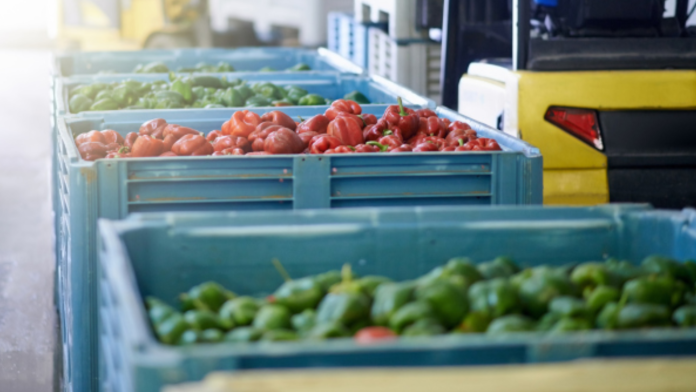India, a country known for its rich agricultural heritage, currently ranks 107th out of 121 countries on the Global Hunger Index 2023, with a concerning score of 29.1. This ranking signifies a “serious” level of hunger, painting a stark picture of the challenges India faces in ensuring food security for its population. In a nation renowned for its food production, the urgent need to modernize food supply chains is clear.
The Paradox of Plenty: India’s Agricultural Production
India’s agricultural sector is the backbone of the country, employing a vast portion of the population and contributing significantly to the nation’s economy. However, the lack of an efficient cold chain infrastructure has been a persistent issue, leading to massive post-harvest losses. India produces an astounding 400 million metric tons of perishable food each year, making it one of the largest producers globally. Despite this abundance, India losses up to 25% of fruits, vegetables, milk, fish, and eggs to wastage. Additionally, up to 40% of fruits and vegetables are lost to due to inefficiencies in the cold supply chain, post harvest. These losses represent a colossal waste of resources, both in terms of food and the economic value associated with it. Canned and frozen foods are also essential components of modern diets, offering convenience and longer shelf lives. However, maintaining the integrity of these products throughout the supply chain is crucial.
Modernizing Food Cold Supply Chains: A Critical Imperative
To effectively tackle hunger, the cold chain sector in India, especially for agricultural produce and canned/frozen foods, must expand and modernize. The Indian cold chain sector is currently estimated to be worth around $4.7 billion, and there is ample room for growth. And yet, as a nation battling high hunger rates, India continues to loose 40% of its food to supply chain issues. Modernizing food supply chains, especially for perishable items, is no longer a choice but an imperative.
To effectively tackle hunger, the cold chain sector in India, especially for agricultural produce and canned/frozen foods, must expand and modernize. In the case of agricultural produce, an expansion of cold storage facilities and transportation networks is crucial to prevent food spoilage and post-harvest losses. For canned and frozen foods, a seamless and efficient cold chain network is imperative to prevent quality deterioration and ensure that consumers receive safe and high-quality products.
Technology has the potential to transform the food supply chain in India. Smart, IoT-enabled cold storage facilities, equipped with temperature and humidity monitoring systems, can help preserve perishable crops, ensuring they remain fresh for extended periods. Advanced data analytics and real-time monitoring can detect any fluctuations or issues, allowing for swift corrective action.
Moreover, blockchain technology can create transparent and tamper-proof supply chains, enhancing accountability and reducing spoilage. Such innovations can dramatically reduce post-harvest losses and help more food reach those in need. Modernizing cold storage facilities and transportation networks is pivotal to prevent food spoilage and post-harvest losses. Currently estimated at around $4.7 billion, India’s cold chain sector must grow and evolve to meet the challenges of a growing population and increasing food production.
Way Forward
The solution to India’s hunger problem lies in a multi-faceted approach. While technology and innovation in cold supply chains is imperative, especially for perishable agricultural produce, a simultaneous investment in this sector is crucial to reduce food wastage and ensure that food reaches every corner of the country.
Collaboration between the government, non-profit organizations, and the private sector is critical for the successful implementation of modernized cold chain solutions. Raising awareness about the hunger problem in India is vital, inspiring citizens and organizations to take action.
India’s current ranking on the Global Hunger Index is an alarming reality. With the right blend of technology and a robust cold chain infrastructure for agricultural produce, we can make significant strides in eradicating hunger. The time for action is now, and we must work together to create a future where no one in India goes to bed hungry.
(The article is authored by Mr. Swarup Bose, Founder and CEO of Celcius Logistics.)





